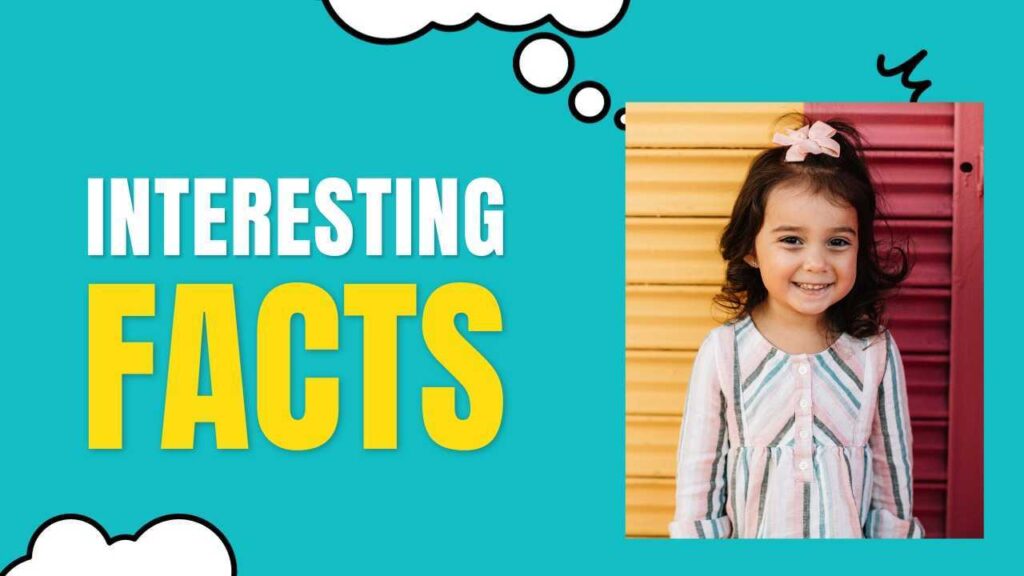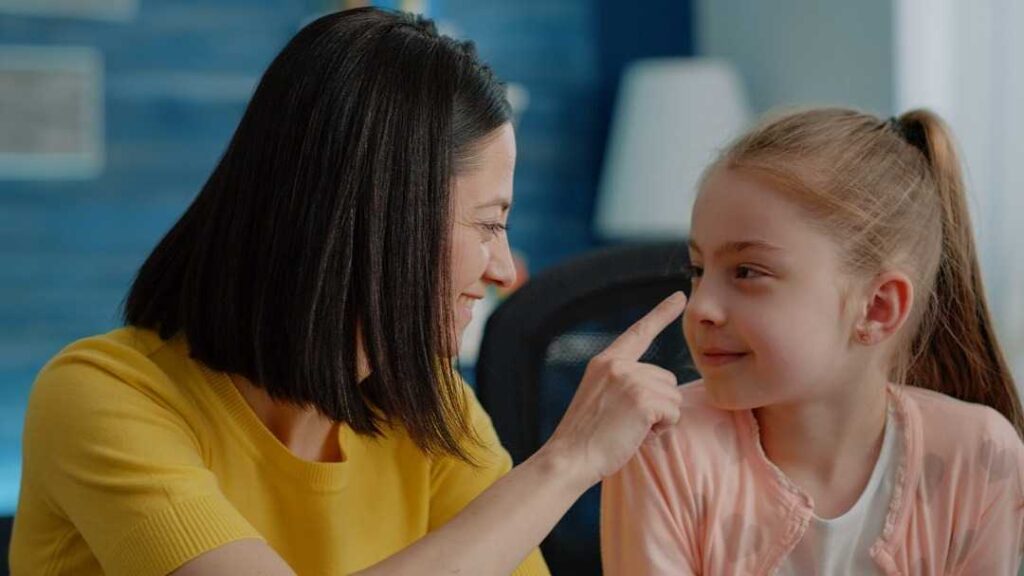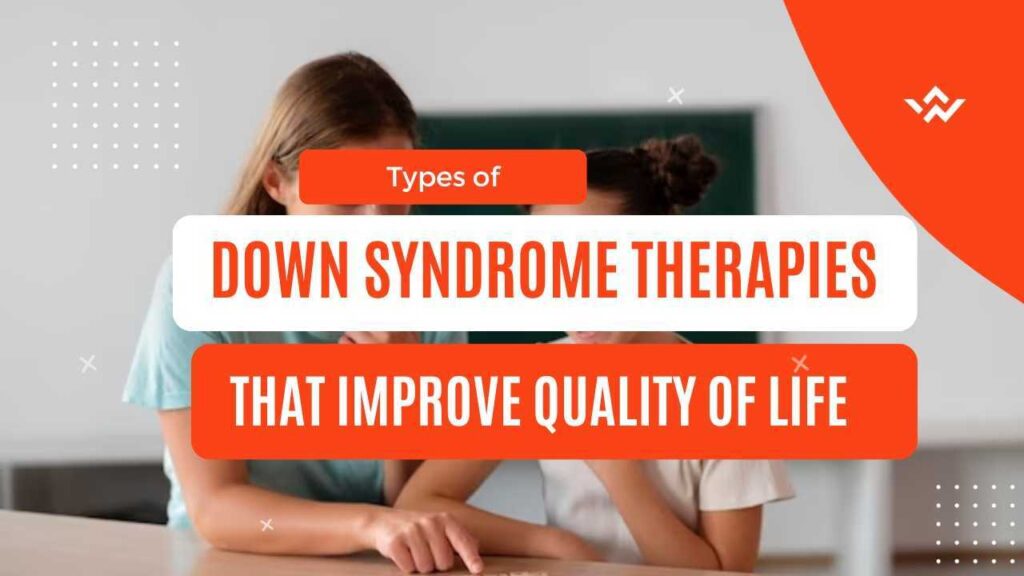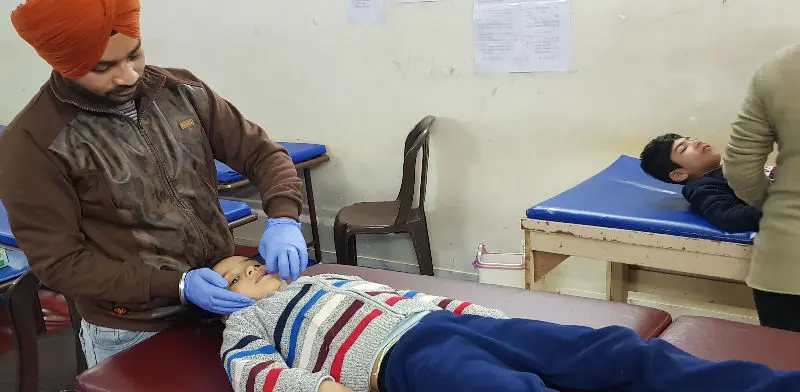Modern Down Syndrome specialists use different Down syndrome therapies to train and educate affected children to lead a more independent life with minimal support. There is no cure or way to prevent this genetic disorder from occurring in a child. But, there are multiple therapies to help children with Down Syndrome manage their disabilities and lead happy and meaningful lives.
Begin Early Intervention for Children with Down Syndrome
Early intervention is the key to treatment success for children with Down Syndrome. The primary goal of early intervention services for children with Down Syndrome is to accelerate brain development by building upon a child’s strength and addressing development skills and areas that need improvement. Early intervention is a strategic program that includes therapy, education, and activities to address developmental delays typically experienced by children with Down’s Syndrome or other disabilities.
In India, starting early intervention services for all children diagnosed with Down Syndrome is highly recommended. The most common early intervention services for Down Syndrome include:
- Physical Therapy
- Speech and Language Therapy
- Occupational Therapy
When begin early intervention for a child with Down Syndrome?
Early intervention should start as soon as possible if a child is born with Down Syndrome. It is the key to making more significant improvements in children with Down’s Syndrome. Research has shown that children born with Down Syndrome have higher chances of reaching their potential if Down syndrome treatment starts very early.
Types of Down Syndrome Therapies
Multiple basic and advanced therapies are available to help children with Down Syndrome live better lives. At IIAHP in Chandigarh, we offer all kinds of Down Syndrome Therapies that children with the condition can benefit from.

1.Physical Therapy
Physical therapy is designed to accelerate motor development in children with Down Syndrome. It is crucial for children with low muscle tone, a common characteristic of Down Syndrome.
The main goal of physical therapy is:
- To build motor skills
- To improve muscle strength
- To improve posture and balance
If left unaddressed, weaker muscles can lead to long-term problems. Physical development is the foundation for a child’s body before birth and during the first few months after birth. A baby’s ability to explore surroundings, reach and grasp toys, turn the head while moving or seeing an object, and roll over and crawl are all influenced by gross and fine motor development.
Another benefit of physical therapy is it helps children with Down syndrome avoid developing certain movement habits that are typical of Down Syndrome, cause issues with their bones, and affect how well they can do everyday activities.
2.Speech and Language Therapy
Speech therapy focuses on developing communication and language skills in children with Down Syndrome. It forms an integral part of an early intervention program. Though infants may not say their first words until they are 2 or 3 years old, they need to acquire various pre-speech and pre-language skills before they learn to speak.
Speech and language therapy involves improving the ability to:
- Imitate and turn-taking skills
- Visual skills (looking at people when they speak)
- Auditory skills (listening to sound, music, and voices)
- Tactile skills (learning about touch)
3.Occupational Therapy
Occupational therapy is designed to help a child with a disability develop and improve skills to live independently. It helps develop abilities to:
- Open and close things
- Pick up and release objects of different sizes and shapes
- Stacking and building things
- Manipulating and using knobs and buttons
- Using pencils, crayons, and other things
Occupational therapists also help children with Down Syndrome learn to feed and dress themselves and how to interact and play with other children.

4.Dr. Kaplan’s Prism Visual-Vestibular Integration Therapy
Dr. Melvin Kaplan founded The Center of Visual Management and is a renowned developmental/behavioral optometrist. He is also a great author and has published research on ambient prism lenses and their usefulness in the rehabilitation process.
His visual-vestibular integration approach is used in helping children with disabilities (including Down’s Syndrome) to:
- Identify objects
- Address spatial anxiety
- Improve perception and cognition
- Improve posture and gait
- Address excessive eye movements induced by anxiety
- Remap visual surroundings to reduce symptoms such as abnormal posture, tunnel vision problems, and anxiety
5.Auditory Integration Therapy (AIT)
Auditory integration therapy is a technique to help improve abnormal sound sensitivity in individuals with behavioral disorders, including Down Syndrome and autism.
Developed by Dr. Guy Berard (inspired by Dr. Alfred A. Tomatis’s work), this therapy is based on how our brain processes sounds. This therapy involves re-training ears and the brain by presenting the ears with different sounds to improve brain functioning.
AIT has the potential to make the brain more efficient, clarify hearing, reduce hearing sensitivities, and improve language comprehension
6.Masgutova Method®
Masgutova Neurosensorimotor Reflex Integration (MNRI®) program is designed to improve the function of reflex patterns and their integration in a child’s static-motor system.
This method is based on awakening the latent brainstem genetic motor memory and may lead to overall neurodevelopment.
It facilitates brain functioning plasticity, neurodevelopment plasticity, and activation of emotional, social, and cognitive processes.
In other words, Masgutova Method® helps children with Syndrome improve their physical and cognitive functioning.
Apart from the above therapies, at IIAHP, we offer various other Down Syndrome Therapies to help children with the condition live independently and happily. For more information about Down Syndrome Therapies and Down Syndrome Treatment, please get in touch with us at +91-7419502101 or e-mail us at info@iiahp.com.






